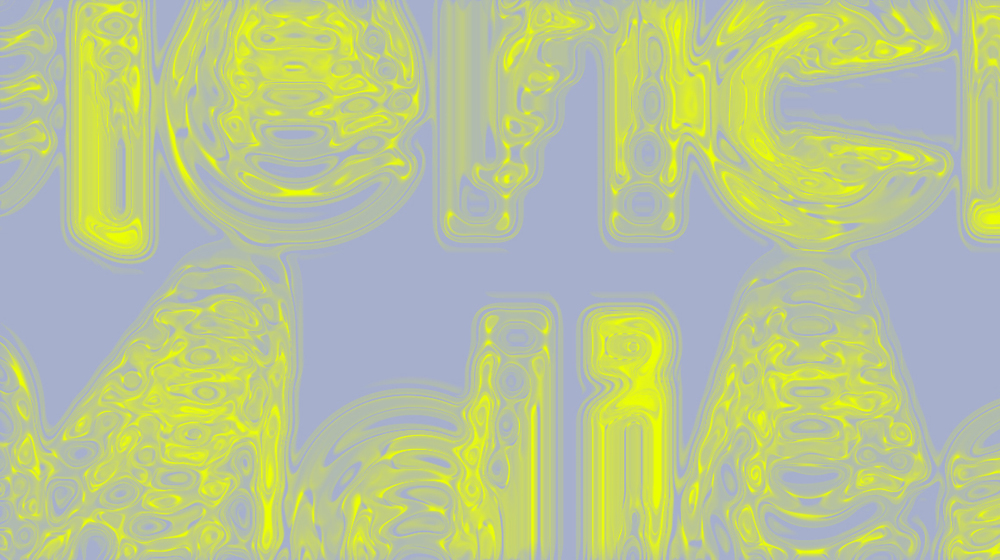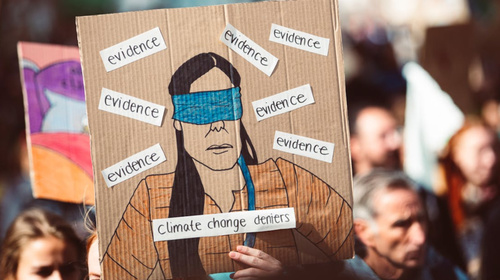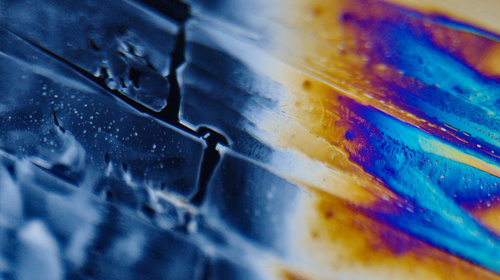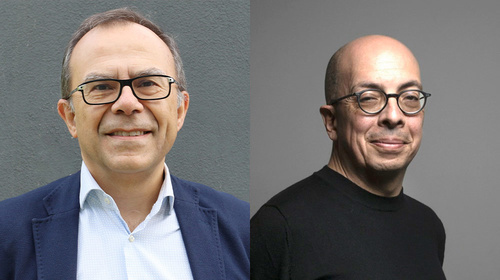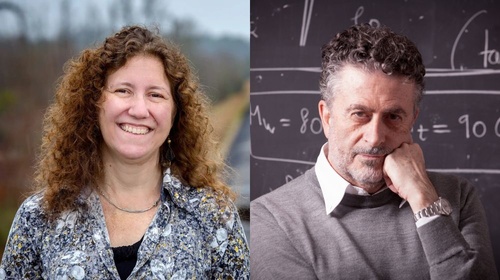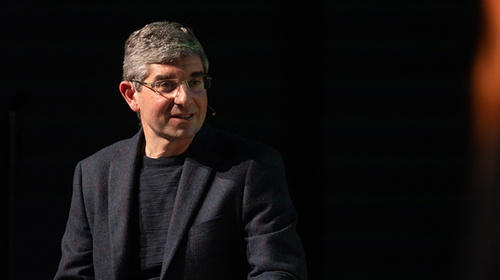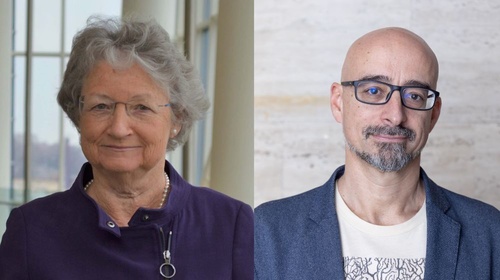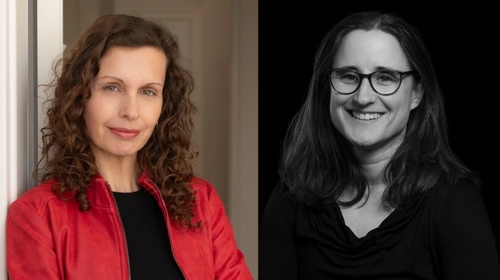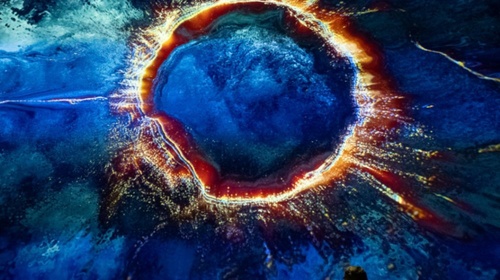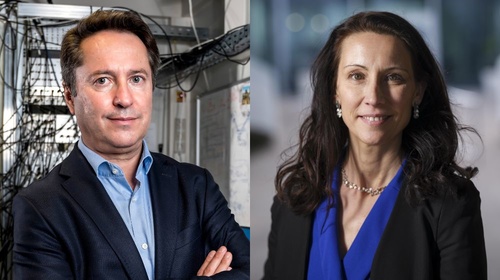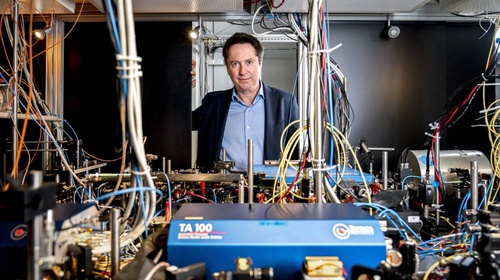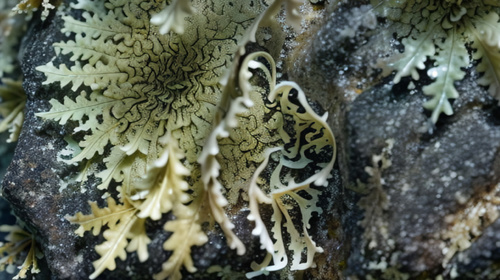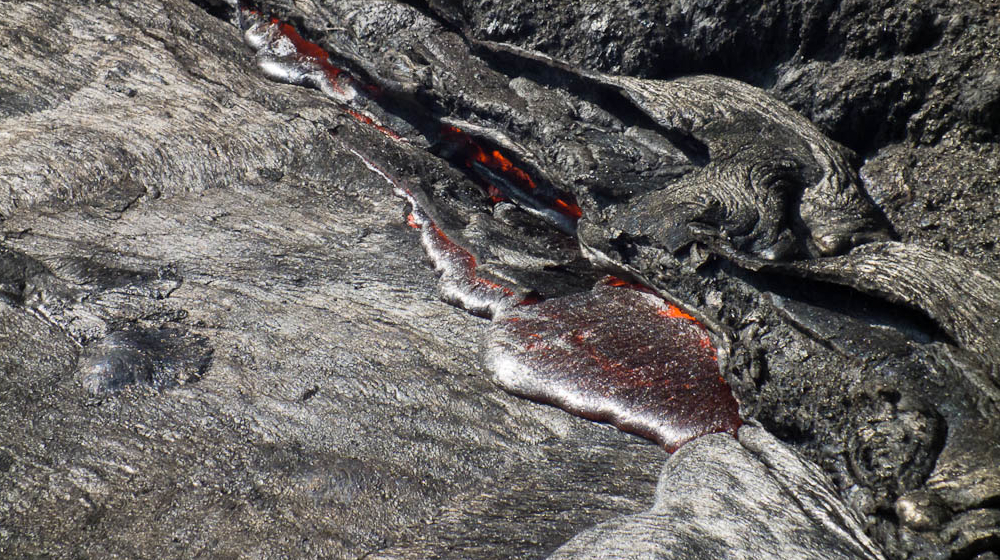Radical Science
Science, the humanities, and the arts come together in a wide-ranging cultural programme about the research that is going to transform the world as we know it.
Today’s sciences and technologies are bringing about radical changes in human societies and even questioning the limits of what humanity means, the idea of life, and the physical and intellectual boundaries of the human species. Advances in biotechnology raise questions about our ability to heal, adapt, and transform the human body; the development of quantum technologies will profoundly alter forms of communication and conceptions of space and time that humans have constructed over millennia; interventions in ecosystems are attempting to ensure that our presence on the planet remains viable; and there are now possibilities of glimpsing the origins of the universe, the basic textures of space and time, and discovering extraterrestrial life. Twenty-first-century science is a thrilling journey from fundamental particles to the extremes of galaxies as it promises to revolutionise our lives and knowledge of our place in the cosmos.
The CCCB joins the Institute of Photonic Sciences (ICFO), the Institute of High Energy Physics (IFAE), the ALBA Synchrotron, the Institute for Bioengineering of Catalonia (IBEC) and the Research and Universities Department of the Catalan Government in this project of imagining how science will transform the world in the coming decades. The programme of debates, curated by the physicist and science journalist Toni Pou, will include and discuss the issues with Magmas, a project of poetic residences curated by the scientist and poet Joan Duran, with artistic proposals curated by the researcher and cultural producer Irma Vila i Òdena, including talks for secondary school students.
“Radical Science” is a cultural project resulting from the research strategy devised by the Complementary Joint Research Plans fund, which is coordinated in Catalonia through ICFO, ALBA Synchrotron, IBEC, and IFAE.
Upcoming activities
Seminar with Naomi Oreskes
Science, society and disinformation
Related contents
Josep Samitier and Jorge Volpi
The medicine of the future
Josep Samitier, director of the Institute for Bioengineering of Catalonia and expert in nanomedicine, speaks with writer Jorge Volpi, author of the essay La invención de todas las cosas (The Invention of All Things) about how biomedicine will transform the human body and intellect. ...
Katherine High: What diseases can be cured with gene therapy?
Gene therapy is a technique that introduces genes into human cells with the aim of curing diseases of genetic origin. Dr Katherine High developed the first gene therapy approved for treating haemophilia and is one of the world’s leading experts in the field. In this interview, she explains ...
